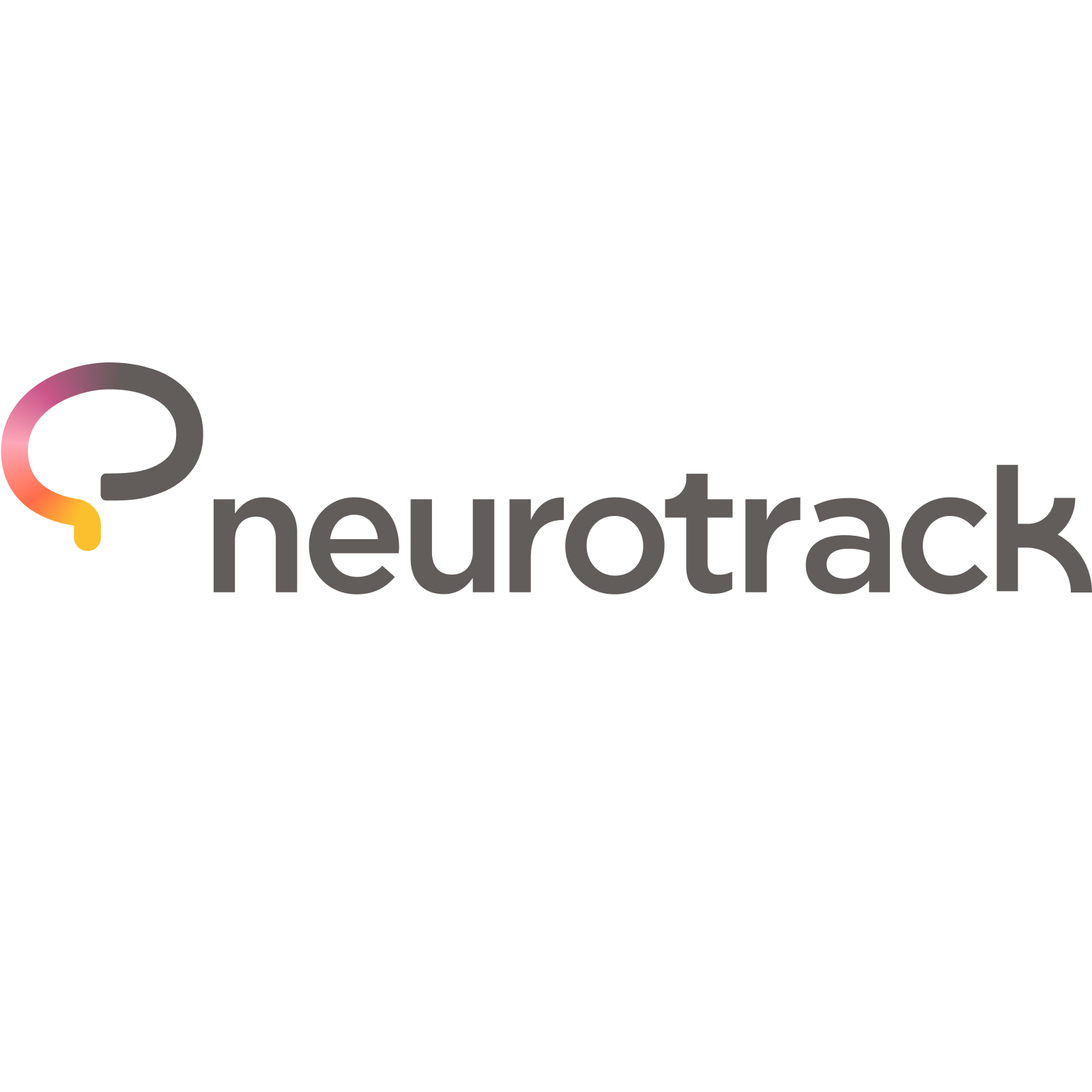

It’s the best of times, and the worst of times. The holidays can be the most joyful season, and also the most stressful weeks of the year. For most of us, they're a combination of both. Experts say that readying ourselves to face the holidays is referred to as “shifting set,” shifting strategies to respond to changes that come with the upheaval of schedules. Because not only can our bodies go into overload during the holidays, but so can our brains.
During the busy holiday season, the brain’s prefrontal cortex can go into overdrive, and that impairs memory. Fortunately, the holidays are time limited. And there are ways to reduce the strain. To take good care of your brain this season, try these tips:
Stay active
Whether it’s an outdoor walk or snowshoe, or a yoga or tai chi class indoors, exercise is good for your brain. According to researchers, the benefits of exercise come from the fact that it reduces insulin resistance and inflammation, and stimulates the release of chemicals that affect the health of brain cells and the growth of new blood vessels in the brain. Additionally, exercise can help you reduce stress, maintain your weight, and sleep better, all of which can also boost your cognitive health and preserve your sanity.
Socialize if you can
If you are near family and friends—great! Holiday festivities are an ideal time to connect with others. If your friends and family are not close by, make a point of reaching out to those far away by phone or video chat. And, if you need it, make sure to wear a hearing aid. There is a proven link between hearing loss and social withdrawal, which can lead to cognitive decline. Conversations keep your brain active.
Volunteer for extra cheer!
Health experts at the Mayo Clinic report that people who volunteer experience significant physical and mental health benefits as compared to those who do not volunteer their time. So, help out at a local food bank, a non-profit that supplies kids with presents, or become Santa at a kids’ party if you are so inclined.
Raise one glass
Enjoy one (but only one) glass of red wine at parties. Research suggests that a compound found in red wine called resveratrol may help protect against Alzheimer’s disease, and it is a party, after all. But, more than a drink, and the party may be over. Long-term studies show that brain volume shrinks in proportion to alcohol consumed.
Sleep
Sleep is important all year round, but it’s especially important that you get at least six or more hours of sleep during the holiday season so that you have the energy and mental clarity to tackle your multitude of tasks. Additionally, beta-amyloid plaque and other deposits that develop in the brain during the day are cleared away while we sleep, making a good night’s sleep essential to ongoing brain health. Exercising regularly, not overeating, and limiting alcohol consumption can help you get the rest you need.
MIND what you eat
It’s hard (possibly impossible) to stick to a diet during the holidays. But if you are mindful of what you put on your plate, you can avoid weight gain. You should also incorporate elements of the MIND diet, which combines the DASH and Mediterranean diets to optimize brain health, into your holiday celebrations. One of the good things about the MIND diet is that it recommends limiting foods and not eliminating them. So, you can feel guilt-free digging into the roasted turkey and many other holiday favorites – in moderation. But consider swapping out the green bean casserole with fresh grilled green beans and the potatoes au gratin with roasted sweet potatoes.
Lastly, try to set realistic expectations for the season to help reduce stress and feelings of being overwhelmed. Remember to breathe and take time for yourself. The holidays and year will be over before you know it.




